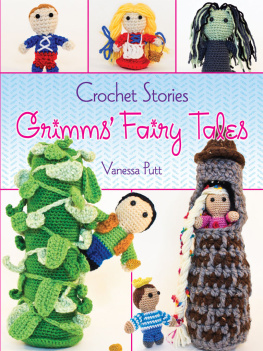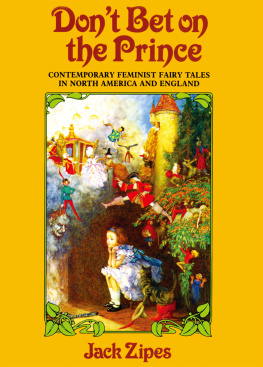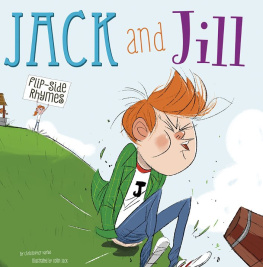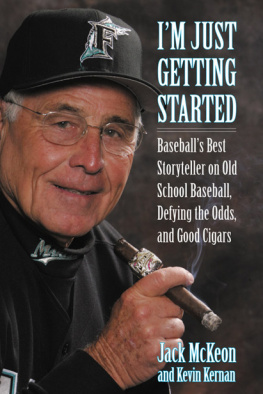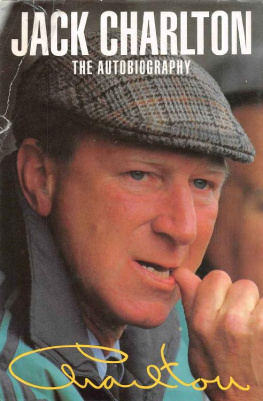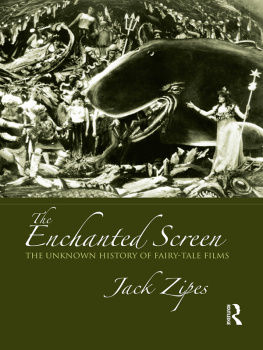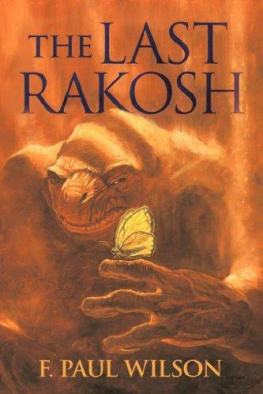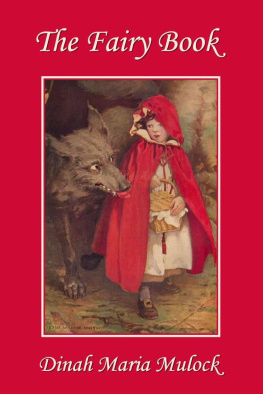YOU
DONT
KNOW
JACK
YOU
DONT
KNOW
JACK
A STORYTELLER
GOES TO SCHOOL
KEVIN D. CORDI
UNIVERSITY PRESS OF MISSISSIPPI / JACKSON
The University Press of Mississippi is the scholarly publishing agency of the Mississippi Institutions of Higher Learning: Alcorn State University, Delta State University, Jackson State University, Mississippi State University, Mississippi University for Women, Mississippi Valley State University, University of Mississippi, and University of Southern Mississippi.
www.upress.state.ms.us
The University Press of Mississippi is a member of the Association of University Presses.
Copyright 2019 by University Press of Mississippi
All rights reserved
Manufactured in the United States
First printing 2019
Library of Congress Cataloging-in-Publication Data
Names: Cordi, Kevin, author.
Title: You dont know Jack : a storyteller goes to school / Kevin D. Cordi.
Description: Jackson : University Press of Mississippi, [2019] | Includes bibliographical references and index. |
Identifiers: LCCN 2018041314 (print) | LCCN 2018044492 (ebook) | ISBN 9781496821263 (epub single) | ISBN 9781496821270 (epub institutional) | ISBN 9781496821287 (pdf single) | ISBN 9781496821294 (pdf institutional) | ISBN 9781496821249 (cloth : alk. paper) | ISBN 9781496821256 (pbk. : alk. paper)
Subjects: LCSH: StorytellingStudy and teachingAnecdotes. | Drama in education. | Storytelling in education. | LCGFT: Informational works.
Classification: LCC LB1042 (ebook) | LCC LB1042 .C497 2019 (print) | DDC 808.5/43dc23
LC record available at https://lccn.loc.gov/2018041314
British Library Cataloging-in-Publication Data available
TO MY LOVING WIFE, BARBARA. WITHOUT HER,
MY STORY WOULD NOT BE AS COMPLETE.
CONTENTS
ACKNOWLEDGMENTS
I am indebted to my mother and father, Mr. and Mrs. Lyle and Ota Cordi, who taught me my first stories and continue to teach me every day the value of living life well.
I thank Dr. Amy Shuman, whose continual sage advice helped me further acknowledge the relationship storytelling has for the academy and beyond. Your belief and care in my work are deeply appreciated. Dr. Brian Edmiston not only expertly shared with me the wonder and educational value of process drama but also changed my teaching and how I listen and respond to my students. Dr. Patricia Enciso showed me the value of sociocultural learning and reflection. I value these people not only for lending an ear and eye to my research, but for shaping me as a teacher as well. I value their wisdom and friendship.
I am grateful to Elizabeth Snell, who edited my work. Our continual friendship is a document that will last. Anthony Hoehns second look at this work enabled me to make it better.
Thanks also to Mr. H. Glenn Allen and Mrs. Jean Allen, whose continual support is long lasting and appreciated.
Last but not least, I acknowledge my students, my fellow storytellers, and my teaching colleagues, who helped me have topics worthy of reflection. Because of you, the stories continue to be told.
YOU
DONT
KNOW
JACK
CHAPTER ONE
YOU DONT KNOW JACK
A STORYTELLER LOOKS BACK
I am a storyteller. For the last twenty-seven years, I have toured as a professional storyteller all over the United States and beyond. I know the value of placing students in a story trance as they listen to an African folktale where the trickster Anansi struggles to find how he can own all the stories of the world. I have regaled kids and adults, sharing how my dog Jack delivered papers with my brother Mike but had to stop because the customers complained their papers arrived wet. Perhaps Jack should not have carried them in his mouth. Nothing can replace that experience. This was not my only work. For fourteen years, I also taught high school in three schools in Ohio and California, carefully designing lessons so students could create meaning. For many years, I kept these worlds separate. In my early teaching career, I did not share how I was raised on West Virginia stories because they were not part of the curriculum. I had separate identities, teacher and teller. However, that trickster known as story was not settling for these identities to be in just one place. Story insisted on an invitation to my classroom, and I invited it in. Once it was there, it stayed, but I wrestled with how best to use it. How would I change when I blended teller and teacher into both arenas? How would I balance these worlds, or should I seek to balance them?
I attempted to sustain the engagement between my worlds: that of teacher and that of professional storyteller. However, sometimes these worlds dont flow together. I was raised on stories from Appalachia. I felt that my mothers stories, although they taught me a great deal, were not welcomed in the classroom. Still, I could see them slowly being applied in my teaching. It took time, but my voice as teller, teacher, and student of Appalachia became a tool of my classroom. I often felt the community I was working with wanted one voice, but I wanted to have many voices. My identity contained a single voice, until I began to refine, reflect, and re-evaluate the use of voice and story in each setting. In this book, I explore how my identity has shifted as a storytelling teacher. In doing so, I release, revisit and ultimately redefine how I use what I know about story and drama. I examine how I use storytelling, storymaking, and drama as systems of learning instead of simply ways to entertain students. I show how stories are used and do more than record; I critically reflect upon the use of storytelling and storymaking, with and without the use of drama, in order to inform my future work as a storytelling teacher who wants to promote inquiry and learning. I do so by writing as a means of reflection. I do this by providing both a window to my work and a mirror to reflect on how these identities have influenced and continue to influence my understanding of how narrative operates in and out of a classroom setting.
Denzin (2008) states, The goal of autoethnography is to show rather than to tell and, thus, to disrupt the politics of traditional research relationships, traditional forms of representation, and traditional social science orientations to audiences (69).
In one sense, this work can be considered an autoethnography, but I am not sure that it should be confined to this category. What I do know is that this is more than the telling of a story; instead it is a critical reflection of not only my work but the work of others and how these stories influenced and troubled my thinking. My autoethnography is a story relating my life as it structures my teaching practices. By writing about how I understood what it meant to be a professional storyteller and writing to guide my thinking, I can critically reflect on and learn from my experiences. My writing allows me to examine my past coupled with my present.
Learning from this work as much as re-visiting it, I want it to produce a personal transformation. I hope it will change me as an educator, instead of being torn from my artistic and teaching identities; I will create a new middle as a new understanding of what it means to have multiple identities when teaching. In her book, Nepantla: Essays from the Land in the Middle (1993), Mora reflects upon her discomfort of living on the borders, between the United States and Mexico; between European-American culture and her own Chicana culture:


